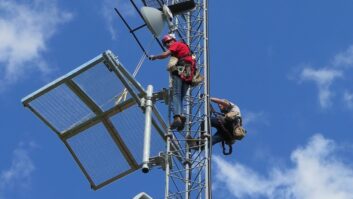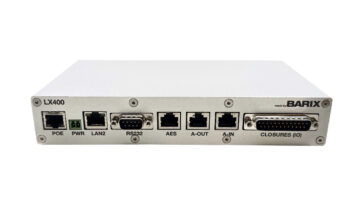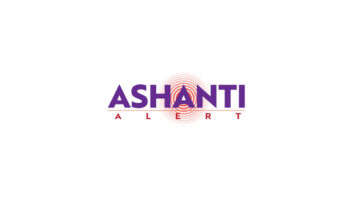Relaxed tribal notification standards
Dec 1, 2005 12:00 PM, By Harry Martin
The FCC has relaxed the notice and response procedures applicable to tower construction notifications to tribal or native organizations under the National Historic Preservation Act (NHPA) of 1966.
The NHPA requires federal agencies to consider the effects of federal and federally licensed projects on historic sites. The FCC’s NHPA-compliance process includes consultation with the relevant State Historic Preservation Officer (SHPO) and Tribal Historic Preservation Officer (THPO) relative to proposed new tower construction to determine whether the proposed facility may create an adverse effect on an eligible or listed historic property. The goal is to identify and resolve, before new towers are authorized, any objections from the historic preservation community.
Achievement of that goal requires input from the local groups who are knowledgeable about historic sites. And that, in turn, means that the application process must provide for notice of the proposed construction to local historic and tribal organizations which, in turn, may wish to alert applicants and the Commission about potential problems.
Earlier this year the FCC adopted rules to implement a Nationwide Programmatic Agreement (NPA) that is intended to streamline compliance with the NHPA. The NPA is a negotiated settlement hammered out by representatives of the FCC and various historic preservation organizations. It sets up a review process that includes specific notice procedures that must be followed any time new tower construction, or tower alterations, are proposed. While that process was intended to be a streamlined one, it has turned out to be burdensome and time consuming in some instances.
While the NPA and the FCC’s new rules do provide a mechanism by which the broad universe of potentially interested SHPOs and THPOs can be contacted more or less automatically, that system has not always worked efficiently. For example, while the system provides for automatic notifications to the SHPOs and THPOs, it affords no assurance that those entities respond within any particular time frame. With no deadlines, many tower construction proposals have remained in limbo.
This was a matter of special concern with respect to Native American tribes. In some states, notice of a proposed tower is generally sent to a significant number of different tribes to ensure that there is no possible objection. But with many notices being sent, some notice recipients have failed to respond. To prevent non-responses from keeping tower projects on hold, the Commission recently announced a new policy for dealing with tribal and native Hawaiian organizations. The new policy imposes a deadline by which such groups must respond or risk losing the opportunity to do so.
Only two tries needed
Under the new standard, a tower proponent must make two good faith efforts to obtain a response from a tribal or native Hawaiian organization. The first try is through the written notification process. If the proponent receives no response within 30 days, the applicant must make a good faith effort to contact the non-responsive organization by phone or e-mail. If no response is received to that second notification, the tower proponent may notify the FCC by e-mail sent to [email protected], at which point the Commission will send a letter or e-mail to the group’s representative. The Commission also will follow-up with a telephone contact within 20 days of sending the mail/e-mail. If the organization still does not respond, the organization will be deemed to have no interest in the matter and the tower proponent will be deemed to have fulfilled its notification obligations.
Dateline:
Feb. 1 is the deadline for New York and New Jersey radio stations, LPFMs and FM translators to file their 2006 license renewal applications. Radio stations in these states, but not LPFM or translator stations, must also file their biennial ownership reports and EEE program reports by Feb. 1.
Feb. 1 is the deadline for radio stations in Arkansas, Louisiana and Mississippi to file biennial ownership reports with the FCC.
Feb. 1 also is the deadline for radio stations in the following states to place their annual EEO public file reports in their public files and post them on their websites: Arkansas, Louisiana, Mississippi, Kansas, Nebraska, Oklahoma, New Jersey and New York.
Martin is immediate-past president of the Federal Communications Bar Association and a member of Fletcher, Heald & Hildreth, Arlington, VA. E-mail [email protected].











